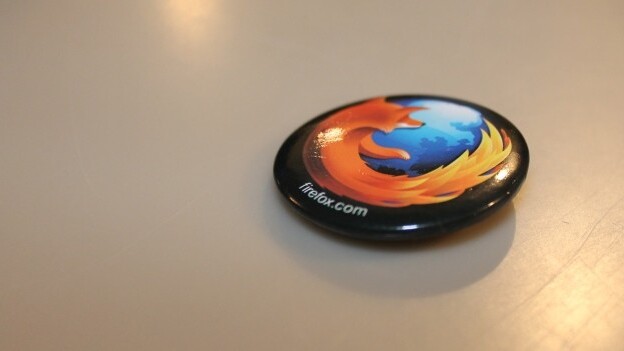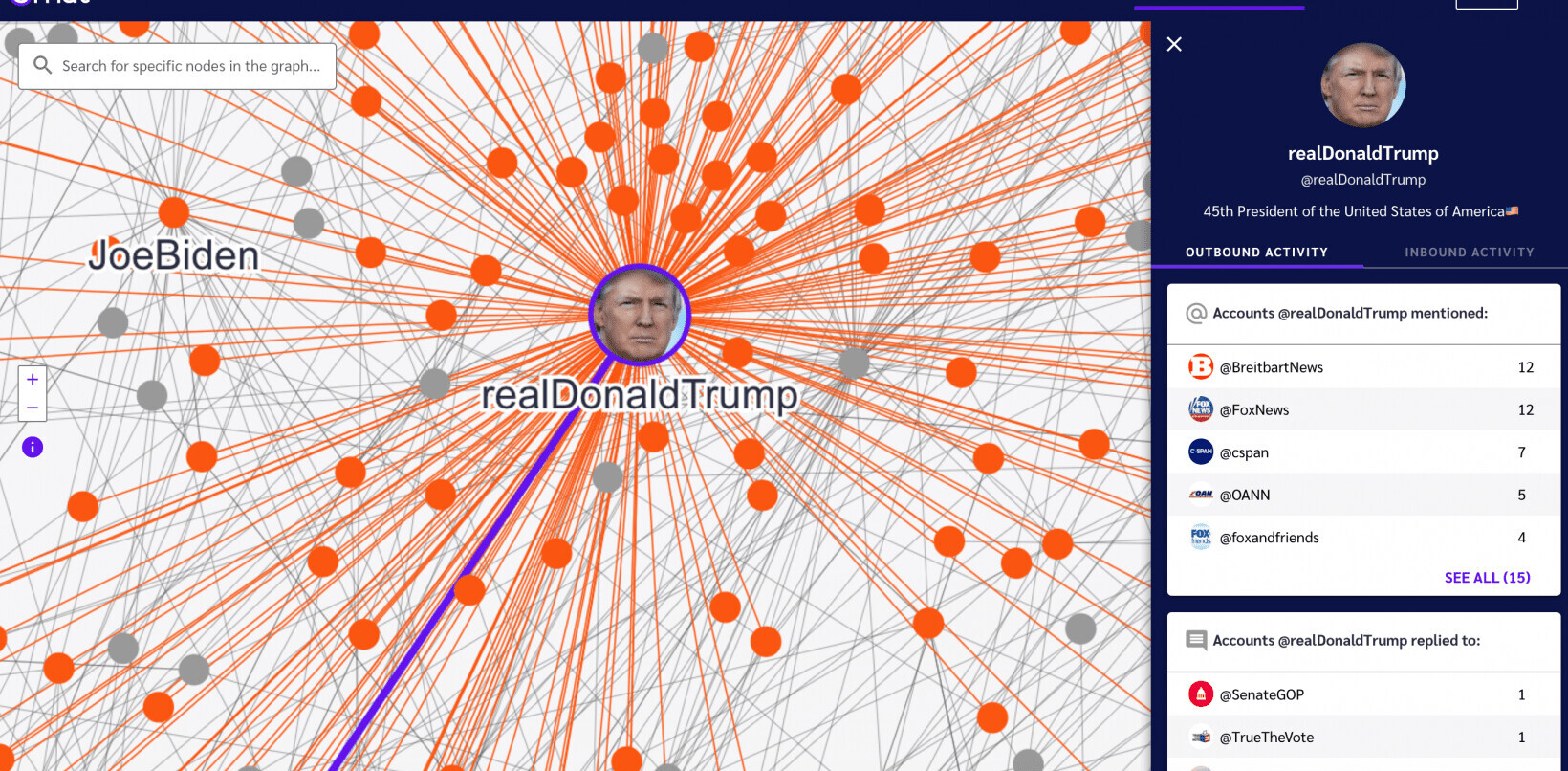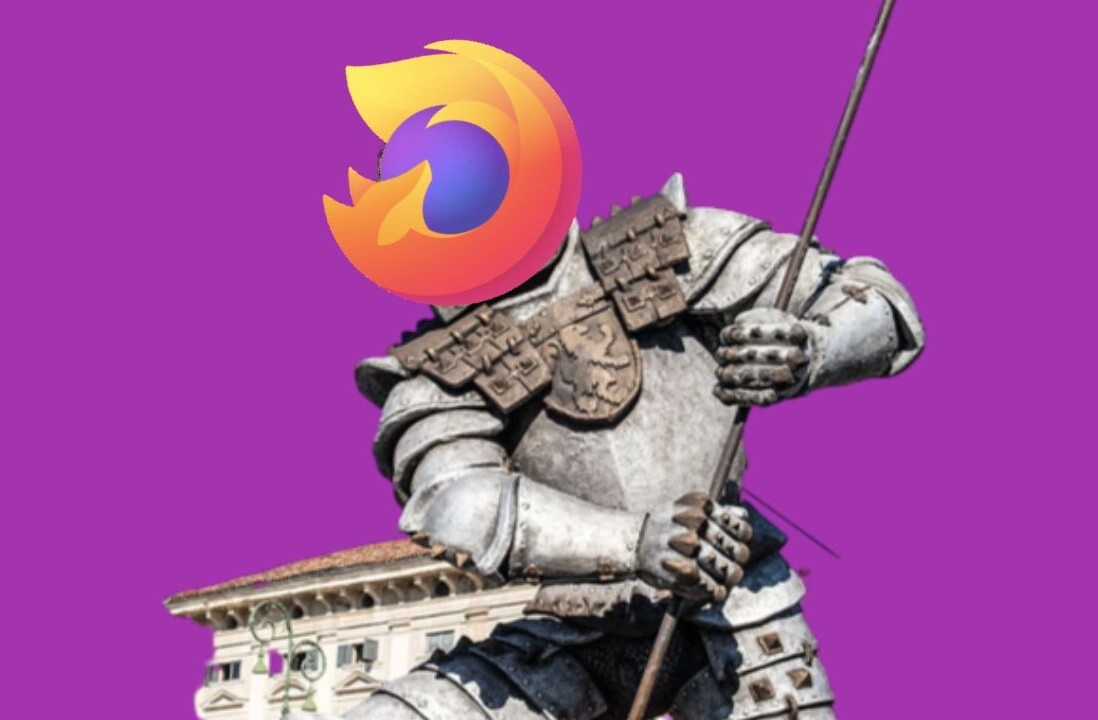
Today at TNW’s Latin American conference in São Paulo, Mozilla’s Director of Research Andreas Gal, praised Microsoft’s browsing technology progress, stating that a decade ago, using Internet Explorer was a rough experience. However, today, Gal noted that “Microsoft is making a pretty respectable browser.”
He went on to specifically cite Internet Explorer 9 and 10, stating that their technology is “pretty competitive.”
It’s not surprising that Gal finds Internet Explorer 9, and its coming successor 10, to be far more palatable than their preceding versions. Microsoft, in a fit of sanity, decided to aggressively adopt HTML5 and other standards into its Internet Explorer 9 product. This led to the watershed Internet Explorer 9 version of the browser line.
Internet Explorer 10, coming later this year as a component of Windows 8 (it should run on Windows 7 as well, if I recall), builds on the progress that Microsoft made with Internet Explorer 9.
The Internet Explorer line, now playing catch up to its competitors in terms of standards compliance, did something historically important for browsers, Gal recalled: it made browsing technology completely free. Netscape, if you recall, charged for commercial use.
Gal was not completely positive about Microsoft in his talk, dinging the company, along with Google and Apple for building closed application silos. This, he argued, is a lesser solution than a mobile Web ecosystem that works across all platforms. His proposed solution is open standards; just as open standards led to a great improvement of desktop browsing, so too can open standards lead to a revolution in mobile browsing.
Obviously, this would disrupt the app ecosystems in existence. Gal’s view is that the Web ‘should be the center of every smartphone.’ It’s called ‘Firefox OS,’ in case you missed our coverage of its renaming.
As a final note, it will be interesting to see how companies that build browsers and mobile operating systems that sport app stores – Google, Apple, and Microsoft – react to Mozilla’s proposal and technology. Between building a better open Web, and sucking more dollars from their app stores, what will they pick?
Get the TNW newsletter
Get the most important tech news in your inbox each week.





